

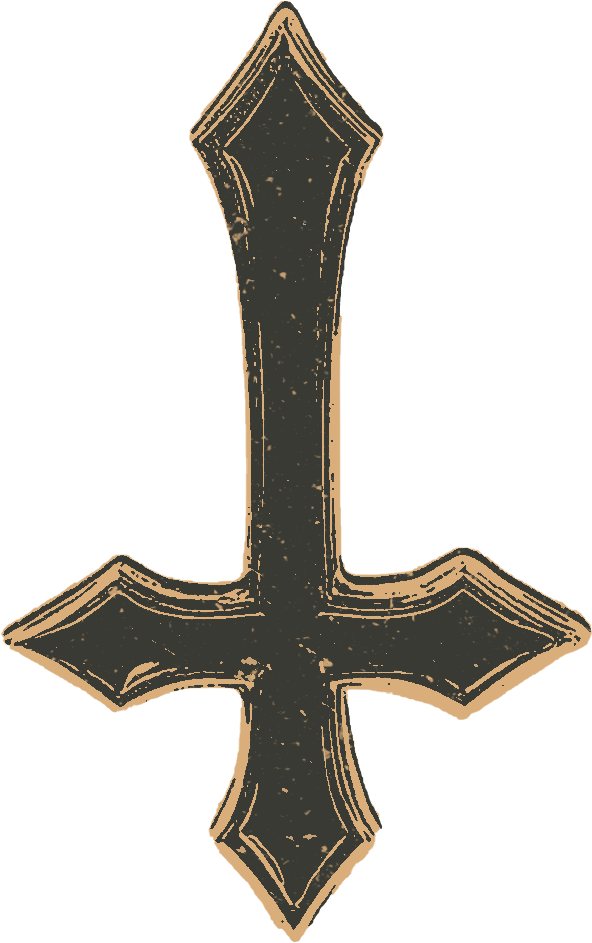
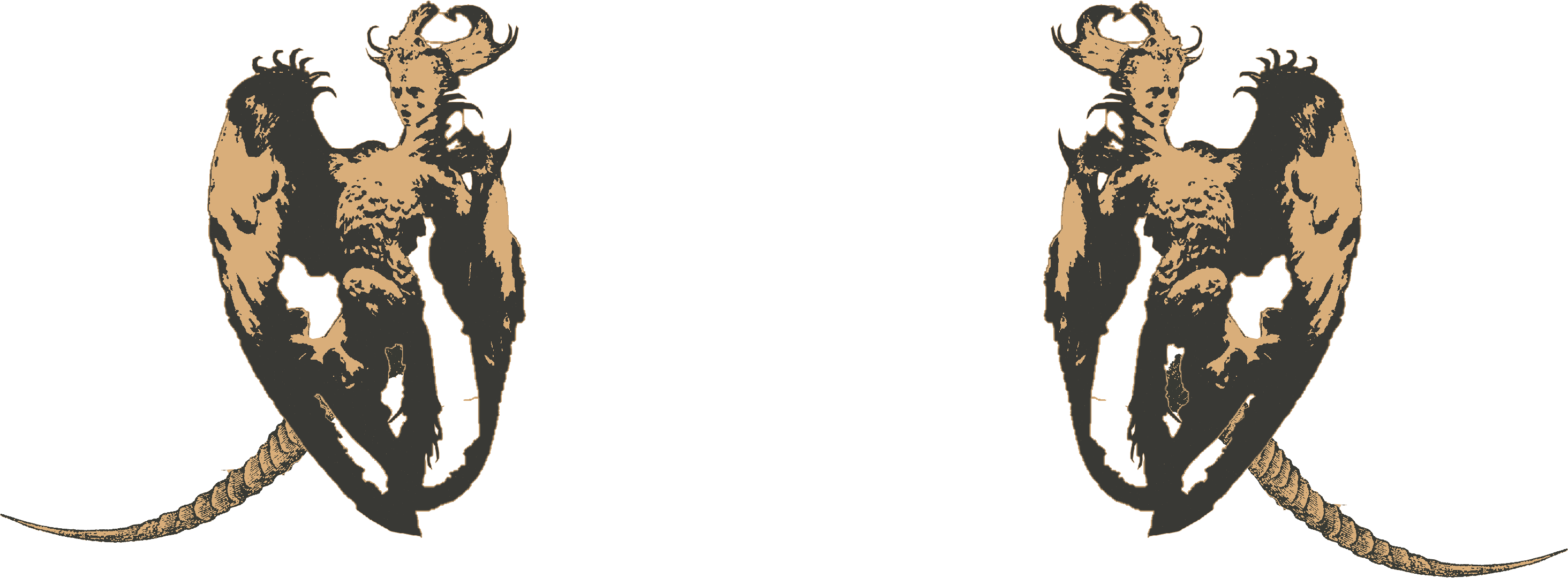



No dawn for men. Challenging the ossified extreme metal scene, Appalachian atmospheric black metal duo share their insights.
Hail Feminazgûl! First, could you tell what got you into extreme metal, especially black metal?
Laura: Hi, thank you for having us. And I'm sorry that I'm very slow to respond to interviews. My bad of course. I've been a fan of music my entire life but I got into metal at the tender age of 13 in 2002. I didn't exactly have the typical classic/thrash metal upbringing that I see a lot of Americans have (Metallica, Megadeth, Slayer, Pantera, etc.). My first brush with metal was with Children of Bodom's Follow the Reaper. (My parents didn't really monitor my internet usage all that much. Whoops.) I was immediately thrust into melodic death. And of course my journey through all the subgenres sprawled even further. At 14, I discovered Type O Negative. At 15, I discovered Nile and I started going to shows. Since that point, I have tried to always tried my best to be active in whatever scenes that I am a part of. And then at 18, I discovered folk and black metal. It started with Dimmu Borgir and then it progressed. Then in 2010 when I was 21, I started hosting a metal college radio show because they just needed someone. I didn't even go to the college. But there in that time, because I was being exposed to so much music, I really developed my love for black metal and the further subsets of that sub-genre.
Margaret: I took longer to find my way to black metal. In high school I was a goth kid. I listened to a lot of Swans and Skinny Puppy and Marilyn Manson. I liked metal alright too… I was a weird kid for an american, obsessed with Finland, and I went to the Helsinki Metal Fest in… 1999? And saw Nightwish and Amorphis and a bunch of my other favorite bands. But I wasn’t part of the metal scene. Then when I got into anarchist politics, I was mostly around crust punk and anarcho-punk, and it wasn’t until my mid-twenties that I got back into metal more completely. Because it was only in my mid-twenties that I heard Summoning, Agalloch, Wolves in the Throne Room, and this other stuff that just spoke to me a hell of a lot more.
How did you become a musician? Have you been
inspired by certain bands/ artists/ musicians?
Laura: Well, when I was young, I played Viola in the school orchestra and I was also in one of the Knoxville Youth Symphony Orchestras as well. But honestly, I let that part of me slip and I unfortunately put softball ahead of it. Maybe I should throw myself back into it and get on the folk metal train? Who knows? Haha. But honestly I'm not great at fiddling. I need sheet music.
But when it comes to metal musicianship, I was 17 when I first started fucking around with learning to do harsh vocals. I've never had any formal training. I've never watched any videos on how to be a better vocalist. The only help I've really taken is just some tips from a great friend of mine who sings opera. I've learned everything through mimicking. I often practice by singing along with harsh vocals to non-metal songs. Inb4, I have no tips to give other than, if it hurts, don't do it. My mother is convinced however I might give myself a throat polyp one day.
I've always wanted to do a metal project and I have been in a few but honestly they've never gotten off the ground until Feminazgûl.
Margaret: I dabbled with guitar and with computer music in high school, but I didn’t take it more seriously until I was a traveling anarchist squatter and someone gave me an accordion. Busking became a way to feed myself (and buy beer, to be honest) and it became a way to really see firsthand the actual magic that is embedded into music. Learning to transform the atmosphere of a city street was so vital to my development as a musician. After that, I got more seriously into electronic music as well.
How did you know each other then and how
Feminazgûl
is formed?
Laura: Haha. We did not. This is a funny story. Sorta. Shortly after I moved to Asheville, I went through a pretty horrific breakup. And honestly, I was still quite new to the city at the time and didn't really know anybody in town outside of the mutual friends of the former partner. Welp. Fire up Tinder. And that's how I met Margaret. We talked about music. Margaret had started Feminazgûl a few months prior to this. I offered my vocals and we just decided to do music. And now we're here. #tindersuccessstories
Margaret: Yeah, meeting Laura is definitely one of the best things that’s happened to me because of Tinder. We didn’t really end dating, but pretty quickly learned we both had an awful lot to offer each other when it comes to musical collaboration. I write most of the actual music—though Laura is starting to step up more in that regards and the music is richer for it—but Laura brings an energy to it that I wasn’t able to come up with on my own. The first EP I wrote by myself, the full album we did together. Feminazgûl itself comes out of… well I’d been trying to write some synth metal for a long time, then one winter I was holed up in the barn I was living in at the time, nursing some heartbreak from a straight girl, and the whole first EP came together startingly fast. I didn’t expect anyone to ever hear it, let alone care about it. But Feminazgûl has a weird mixture of musical earnestness and a clever name, and I think both parts of that resonated with people, and here we are.
How does the song in No Dawn For Men be created?
Do you put your concept in the first place, then music composition, or the
other way around?
Laura: Margaret can answer this much better than I can. She writes everything first and then I lay down my vocals.
Margaret: Most of the songs with musical ideas, rather than thematic ones. I’ll have a riff in my head, or a scrap of melody, or even just an idea like “I want to write this next song to be heavier than the rest of the album,” and go from there. Most of the songs I wrote the lyrics for too, and put down some draft vocals, but along the way Laura and I check in with each other about each song, and I change things. Sometimes Laura writes the lyrics and builds up the theme of the song after I write the music, then I go back through and tailor the music better to the ideas she’s trying to express.
The first song, though, Illa the Mother of Death, that song was an idea first. I knew I wanted to evoke Illa at the start of the album. I don’t think I realized how much I was going to need her—the idea of being comfortable with death, with rot and decay and therefore the beginning of new life—at the time, but turns out that idea is just getting more and more important as 2020 goes on.
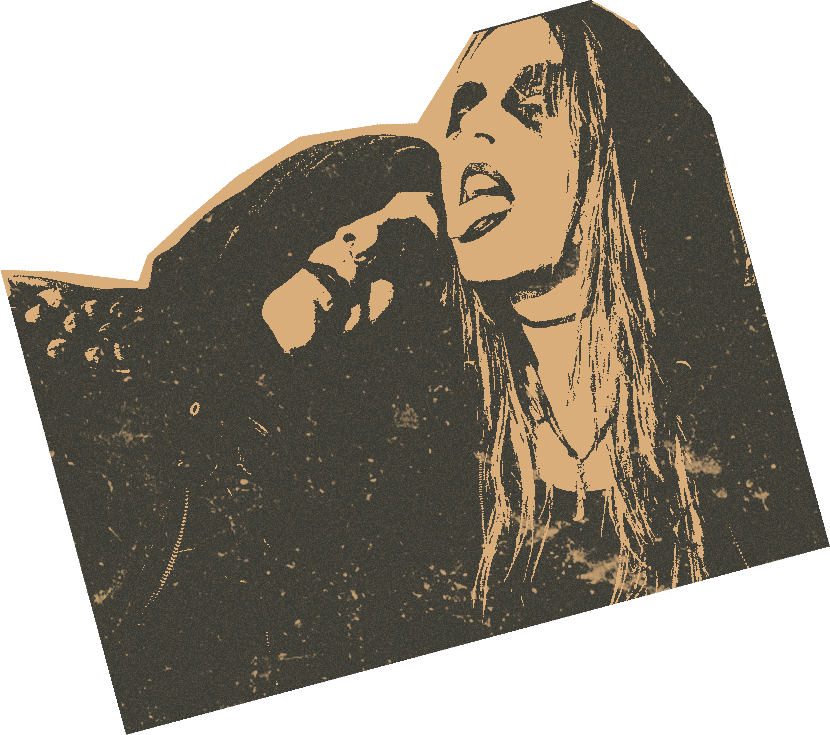
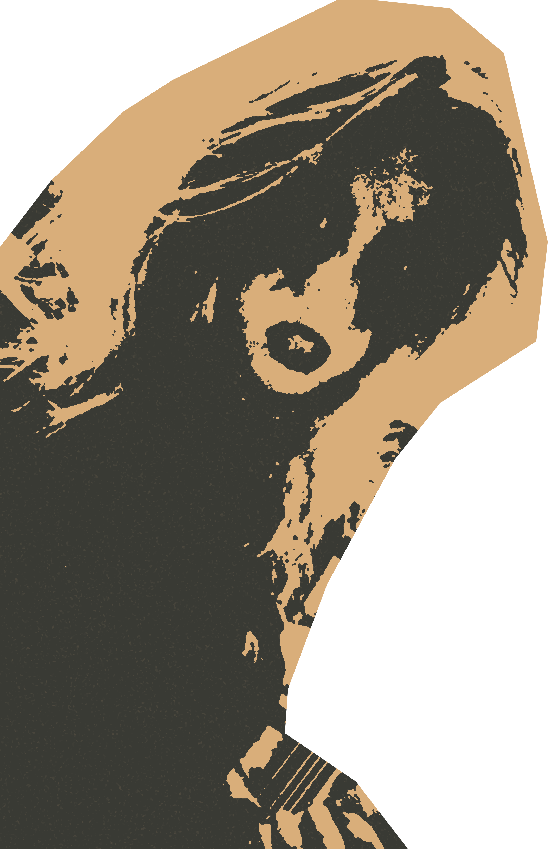
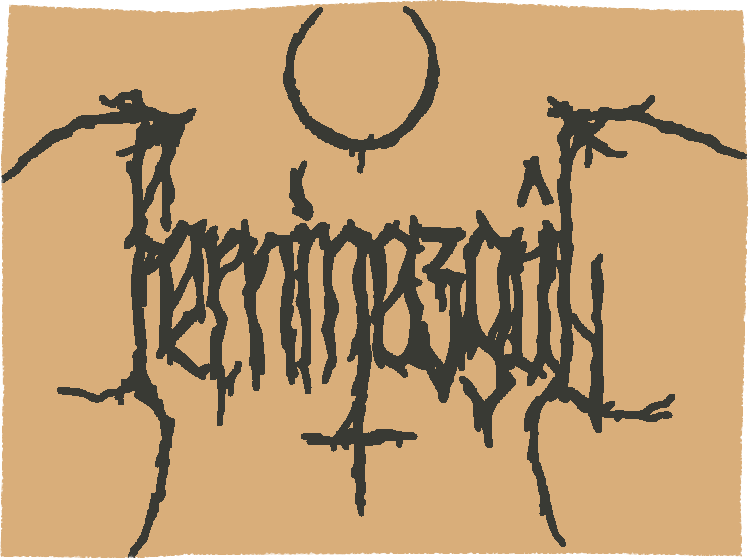
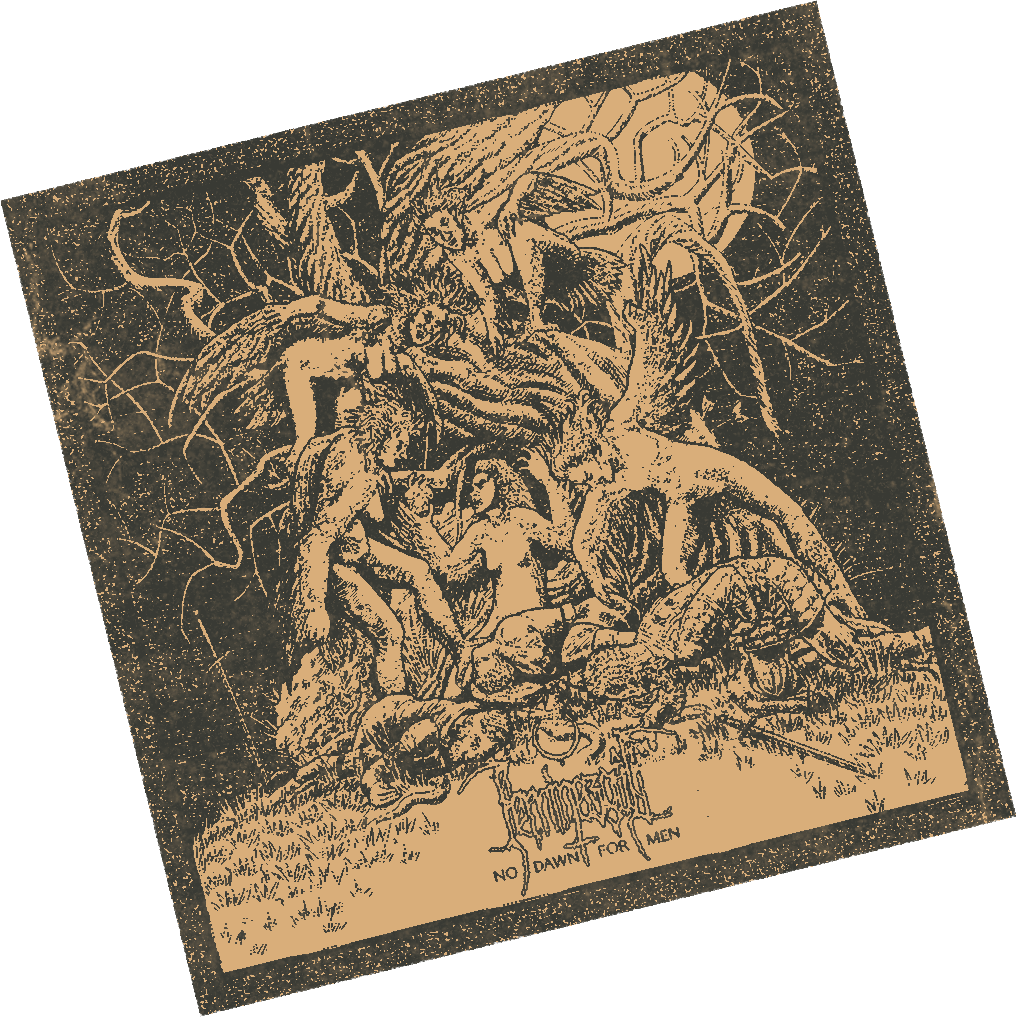
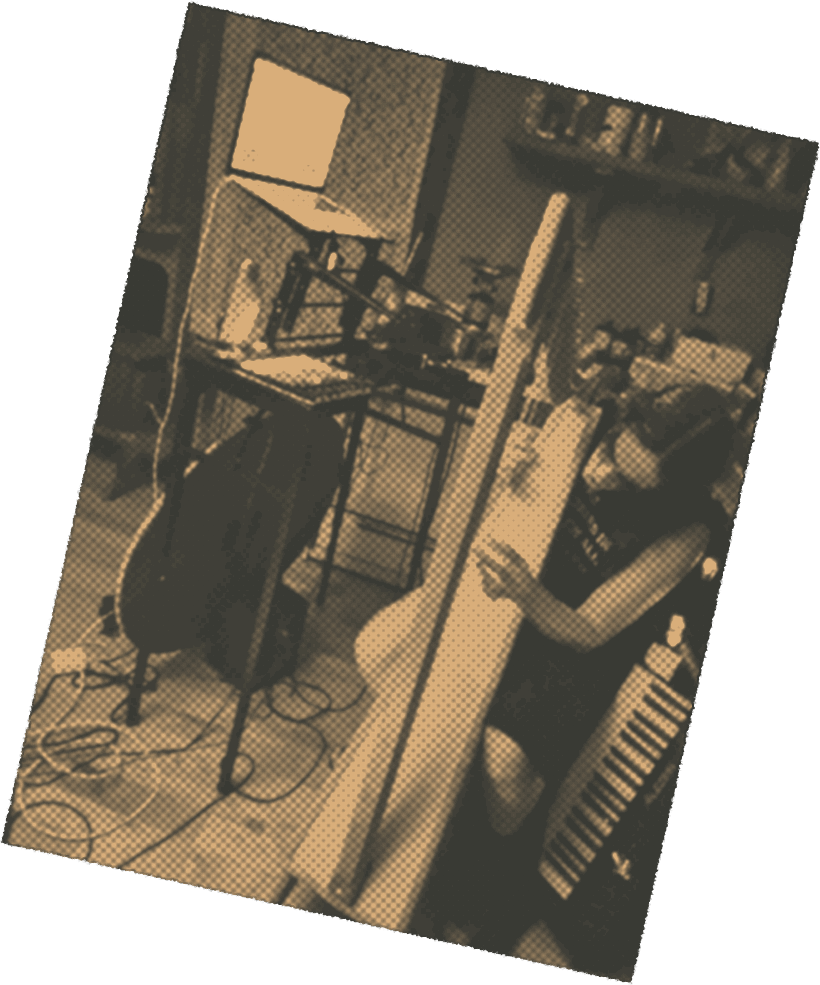
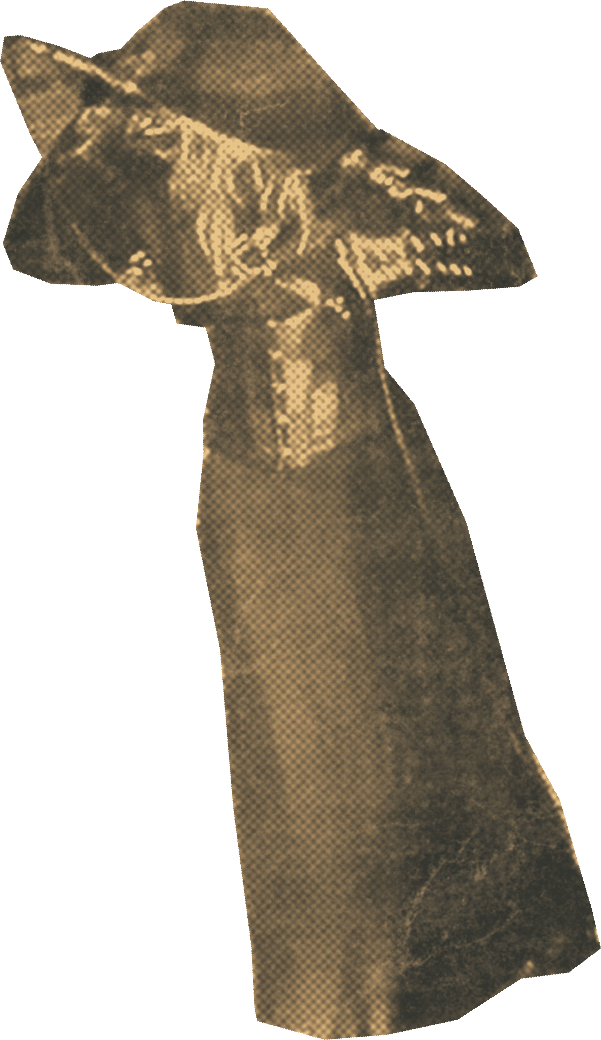
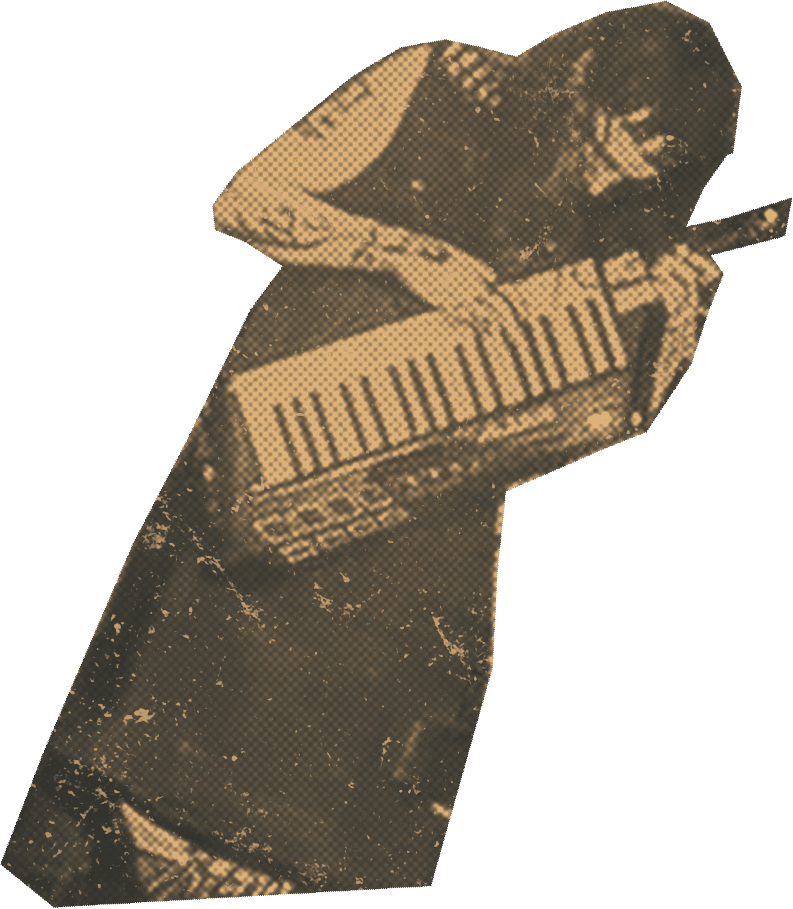

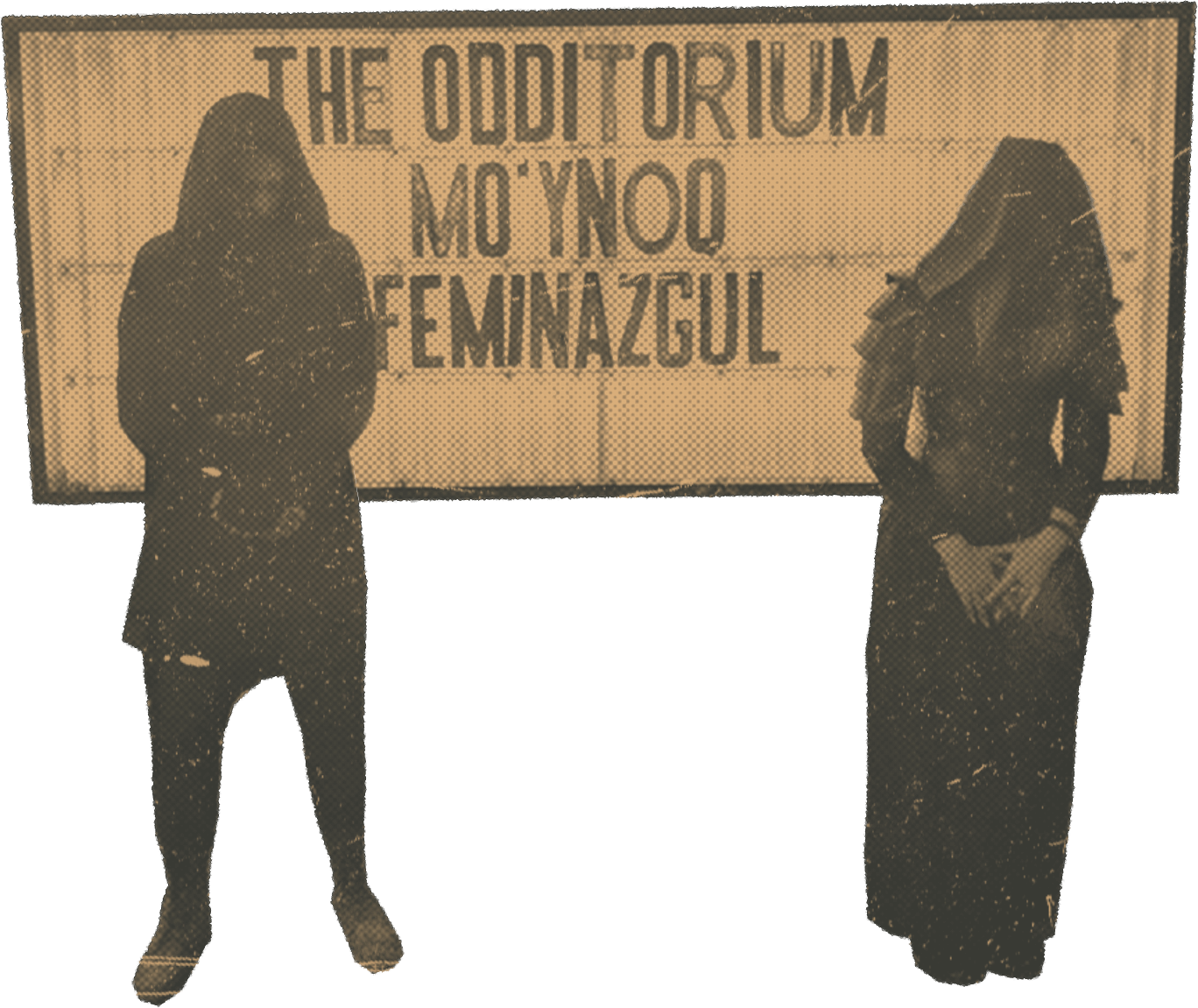
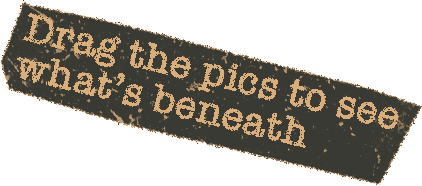
I’ve seen that you’ve adopted anarchism approach
in your works, but they mixed with naturalism and Tolkienism. For you, what are
the relationships among them? How do you get balance among these three?
Laura: I'll let Margaret take this one as hers will definitely be much more thought out than my own.
Margaret: I’ve been saying for a while that while I’m an anarchist, Feminazgûl is more explicitly antifascist and feminist than anarchist exactly, mostly because I don’t want to pigeonhole Laura, who has her own ideas about the world (that are complimentary, and we never really argue about any of this). But I’ve never had much trouble reconciling anarchism with a reverence for the natural world and tolkeinist themes. Tolkein is a bit like the bible or something that people interpret it however they want, and draw meaning from it however they way, but I think it’s no great stretch to realize the entire Lord of the Rings trilogy is a clear parable about how you cannot capture power in order to destroy power: you must just outright destroy power. “If you take the most ardent revolutionary, and invest him in absolute power, overnight he’d be worse than the Tsar himself,” I think it was Bakunin who said. How is that different than watching Frodo, a humble hobbit with aspirations of power, struggle with the burden of carrying the ring to mount doom? How even he couldn’t handle it alone?
There is absolutely something in naturalism and romanticism that Nazis draw on thematically, but we’d be idiots to let them have it. We’re in a cultural war — and increasingly, a physical war — with the far right and to hell with ceding any territory to them.
Compare to punk (especially Riot Grrrl) which is
essentially anarchical, why do you choose the form of atmospheric black metal
to spread your political views?
Laura: For one, I love atmo black as a genre. It's my favorite. Two, I love pissing these gatekeeping chauvinist (and doubly, racist) metal nerds off by challenging their status quo in this genre.
Margaret: I mean, it’s mostly because I love black metal so much. I’d happily play synth in a Riot Grrrl band someday, and I love Bikini Kill as much as the next closeted girl from the 90s (and, okay, I listened to Ani DiFranco in high school as much as I listened to Swans). But atmospheric black metal speaks to my soul. Done right, it wrenches into my gut and draws out my entrails and I look at them and figure out my future. Punk doesn’t usually hit me the same way.
Now
that we are mentioning Riot Grrrl here, regard to handling gender issues, do
you have any ideas about the differences between punk and extreme metal?
Laura: Please forgive me. I'm not the biggest fan or connoisseur of punk… most of what I listen to outside of metal is generally some variant of electronic music, but my succinct answer is D-beats for punk and not D-beats for metal? Just kidding. I don't entirely feel qualified to answer that in regard to punk music because I haven't participated much. But from what I have observed, I often have felt like punk has historically been more inclusive to women since I feel that there's far more openly leftist and progressive politics being discussed in those communities. And I feel like punks have been far more willing to accept change as opposed to a large part of the metal community which has been historically male-dominated and weirdly conservative despite some metalheads claiming to go against society and the status quo.
Margaret: Yeah, to be honest, I was expecting the metal scene to HATE us. I’ve never found it to be particularly welcoming to feminine folks—despite the black metal man’s aesthetic being on some level inherently feminine, which I respect. I remember going to see Dragonforce and hearing them make anti-gay jokes on stage, in maybe 2006 or something, well after I could imagine any punk worth his studs say anything of the sort. But it turns out only the Nazis hate us. I mean, not everyone loves our music, and I do think sometimes confused cis boys think feminism is about female supremacy (to be fair, we do title our albums with tolkien-esque puns about the men going away). But what I’ve found, to my joy, is that a hell of a lot of people in the metal scene, including cis men, are sick of the patriarchy, are sick of the toxic masculine aspects of the culture, and are excited to watch women on stage. Are excited for the idea that more women and nonbinary folks would feel comfortable in the metal scene. Diversity really works best for everyone. Metal boys learning that patriarchy sucks for them too is one of my favorite things to watch. And that’s all Laura. Laura is like our upset-cis-boy-whisperer.
This question is for Margaret: I’ve checked another goth/witch
house/ project of yours, Nomadic War Machine. What does Nomadic War Machine
mean to you? What is the link between Nomadic War Machine and Feminazgûl?
Margaret: NWM is my longest-running musical project now, I think it’s coming up on its 10th anniversary. In some ways, it’s my music sandbox. The first album was… gothic breakcore? and had no vocals. The latest EP is dark pop with clean singing. With all kinds of other styles built throughout it on the way. The name Nomadic War Machine is a reference to the philosophical concept, from Nomadology by Deleuze and Guattari, which makes me sound way more cultured than I am. I mostly read sci-fi and fantasy, and have a hard time with dense theory like those folks. But someone explained it to me, years ago, and it stuck in my head as a fascinating way of looking at the world, at power, and at resistance to the state. I don’t think it’s objectively true, or the single most useful lens. I like it like I like poetry. The basic idea is that the state desires, functionally, a lack of conflict. It desires a forcefully imposed peace. Yet it can only achieve this peace through violence, through “the war machine.” The war machine is something that exists outside the state (this is where I disagree, I don’t think it does) in this framework, that is reined in and controlled by the state. Nomadism, or the nomadic war machine, is basically the natural longing to break free of state control, to be ungovernable, even violent. They mean this both literally (bandits and pirates are cited a lot) in terms of who is conflictual but they also mean it as an approach things more generally. At least, that’s how I understand it. And I’m fascinated with, and have deep respect, for ungovernability.
Since
the underground extreme metal scene is masculine in general, female musicians
normally find themselves in these two positions: standing out from the ocean
which is helpful to get more attention (for example, dress like a sexy bomb on
stage but still skillful enough), or fitting in the masculine convention of
this subculture (for example, pretend to be a boy). I am pretty sure you are
beyond those two polarized positions because what you are doing is to break the
patriarchal system. How would you like to describe your on-stage body
representation? What are the future possibilities of female extreme metal
musicians’ representation do you think?
Laura: I would say that our stage wear is quite conservative. But still menacingly feminine.
To describe mine, my layer under everything is a simple black cotton dress with a maxi skirt and long-sleeves. I then put another black long skirt over it for texture. And then I put on a pleather underbust corset over the waist. Then a black hooded monk's cowl and then a set of black pleather pauldrons. Black studded gloves and then the corpse paint to finish the look. Usually plain black boots underneath it all.
Although, we have played in our regular clothes before for a casual hometown show.
I certainly have thought about a more sexualized look but honestly, I wouldn't want to do something that caters only to the male gaze. But really, that look is yet to be determined should I proceed like that. Haha.
I get the feeling that a fair amount of femme performers and artists have to put concious thought and effort into how they are going to present to their audience and/or press. I get the sense that a lot of us feel like we have to choose one way or the other. But I am starting to see a lot of femme artists dressing casually in their press photos and on stage. I honestly really admire that. Maybe one day, I might reach that level of comfort performing like that but I feel like to perform black metal, at least for me, some level of fantasy and pageantry is needed. Plus it's almost a ritualistic thing for me to put on my stagewear. It helps me more or less get into character for performing.
We haven't done press photos yet. But I feel like we might do some in and out of costume.
Margaret: I love how Laura handles this and would respect it any direction she chooses to take it. It’s kind of a thing you can’t win. If you dress sexualized, everyone gives you shit. If you dress masculine, everyone gives you shit. I love though that Laura does such a good job of dressing feminine, but in an imposing way. Like, not as a sex object, but as a powerful and beautiful figure. So into it. Personally, I kind of try to disappear a little bit. I lean into the wraith aspect hard. I think that’s a bit because of my position as a trans woman… for years before Feminazgûl I used to joke that my gender was “wraith” and that’s why I dressed in loose black clothes to obscure the fact that I have a body at all. But I also like just taking a step back and letting Laura do her thing. I like being support, on stage, basically. Don’t get me wrong, I also love doing my makeup and how theatrical black metal always is and how being femme adds a good layer to that.
Thanks
for being interviewed! Finally, do you have any words for readers and the girls
who want to live a metal life?
Laura: Don't let elitists, chauvinists, misogynists, and gatekeepers get into your head. Don't take shit from detractors but learn to take constructive feedback. Be good to your supporters. Do what you want to.
Margaret: Everything Laura said. Men do what they want to. So should we. And unless you know and trust a man deeply, don’t show him your work for feedback. There’s this awful pattern where men tend to assume the sort of teacher position when women approach them with their work in metal, and often their advice will get into your head and make you think your work is mediocre, unless you present the work and say “this is good, I am proud of it.” Then they’re more willing to assume the work is good. It’s an awful pattern, and there are definitely men I show my work to. It’s okay to sometimes need someone to cheer you on, rather than tear you down. Other times, when you’re trying to level up a skill, get that real deep criticism. But get it from someone you know genuinely wants you to succeed.
